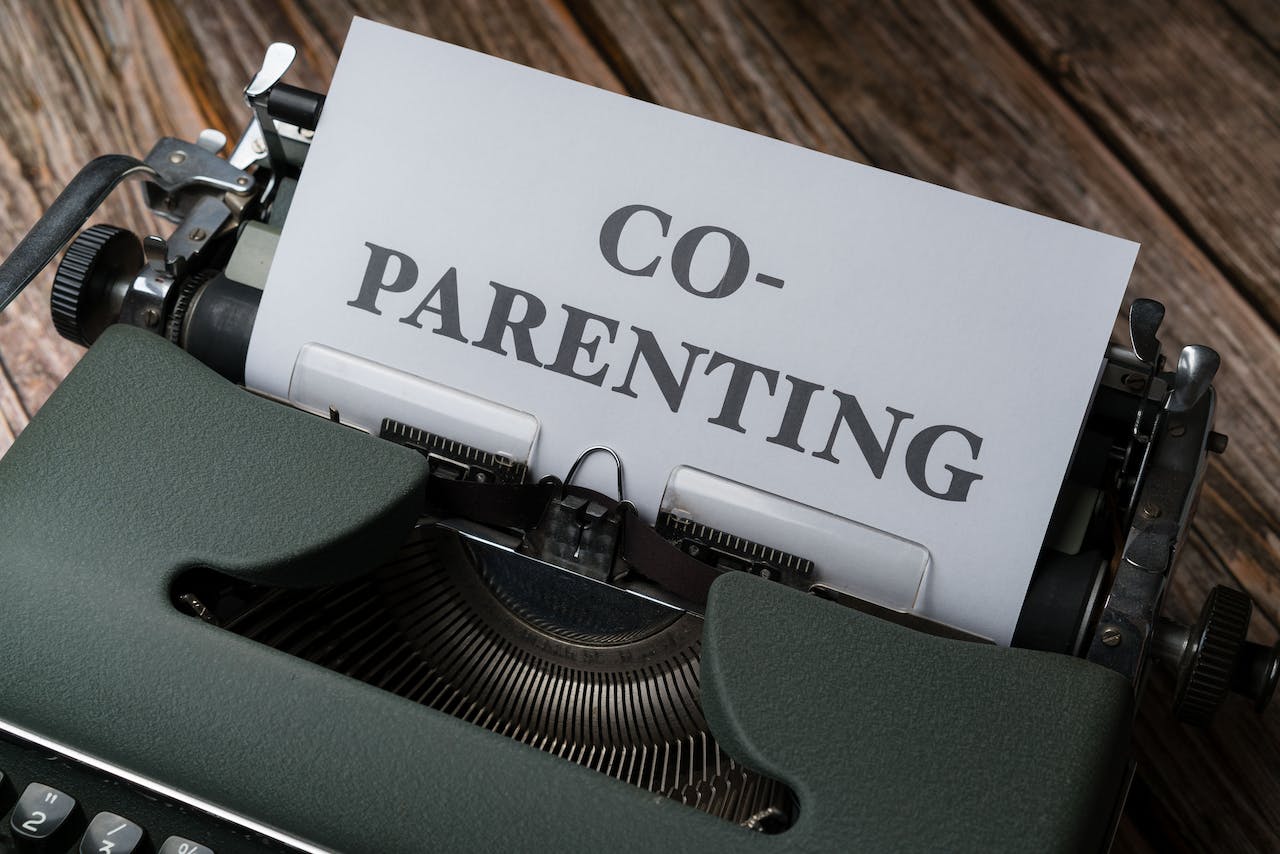The Delicate Art of Discussing Divorce with Children
In the diverse communities of Georgia, from the bustling streets of Atlanta to the peaceful towns of the North Georgia mountains, families often face the challenging task of navigating through a divorce. This journey becomes particularly poignant when it involves sharing the news with children. The approach parents take in discussing the imminent changes can significantly influence how children cope with the transition, making it vital to handle this conversation with thoughtfulness and sensitivity.
Timing and Preparation: Laying the Groundwork for the Conversation
- Consulting with Your Spouse: Ideally, both parents should agree on the key messages to convey. This united front helps minimize confusion and anxiety for the children.
- Seeking Professional Guidance: If communication between spouses is strained, consider involving a mediator or counselor to facilitate a harmonious approach.
- Choosing the Right Moment: Opt for a time when the family is unlikely to be interrupted, allowing children the space to process and react.
The Conversation: Approaching with Empathy and Honesty
- United Parental Front: Addressing the children together underscores the continued parental support and unity in their lives, despite the marital split.
- Age-Appropriate Explanations: Tailor the conversation to the children’s ages and maturity levels, offering a simpler explanation for younger children and more details for older ones if appropriate.
- Avoiding Blame and Conflict: It’s crucial to refrain from blaming each other or delving into contentious details. This helps preserve the child’s relationship with both parents.
- Reassuring Love and Stability: Emphasize that the love for them remains unchanged and both parents will continue to be actively involved in their lives.
Addressing Common Child Concerns
- Alleviating Fears of Abandonment: Reassure children that both parents will remain a constant in their lives and that the decision to divorce is not a reflection of their worth or actions.
- Providing a Sense of Continuity: Discuss the changes they can expect, like living arrangements, while reassuring them of the aspects of their lives that will remain the same.
- Encouraging Open Dialogue: Let children know that their feelings are valid and it’s okay to ask questions or express emotions.
Managing Personal Emotions
- Maintaining Parental Boundaries: It’s important for parents to process their own emotions separately and not use children as a sounding board for their grievances.
- Parental Alienation Awareness: Avoid sharing negative opinions or detailed grievances about the other parent, as this can lead to long-term emotional harm and strained parent-child relationships.
- Setting Healthy Boundaries: Remember, children are not equipped to handle adult relationship complexities and should be shielded from being put in the middle of parental disputes.
Post-Conversation Dynamics
- Monitoring Children’s Reactions: Pay close attention to changes in behavior or mood in the days and weeks following the conversation, as these can be indicators of how they’re coping.
- Seeking Supportive Resources: Consider engaging therapeutic support for children to help them navigate their emotions and the changes in their family structure.
- Continuous Reassurance: Regularly remind children of their parents’ love and commitment to their well-being.
Throughout the varied landscapes of Georgia, from the historic charm of Savannah to the suburban calm of Forsyth County, the way parents handle the conversation about divorce can shape their children’s emotional health and family dynamics for years to come. In this delicate process, it is crucial for parents to approach with a balance of honesty, empathy, and unconditional love. Remember, while adults navigate their own paths through divorce, children need a guiding light to assure them of enduring love and stability amidst change. At Barrett Partners Group, we understand the intricate nuances of family dynamics during divorce and are here to offer guidance and support to families across Georgia, helping to ease the transition for every member, especially the children.







